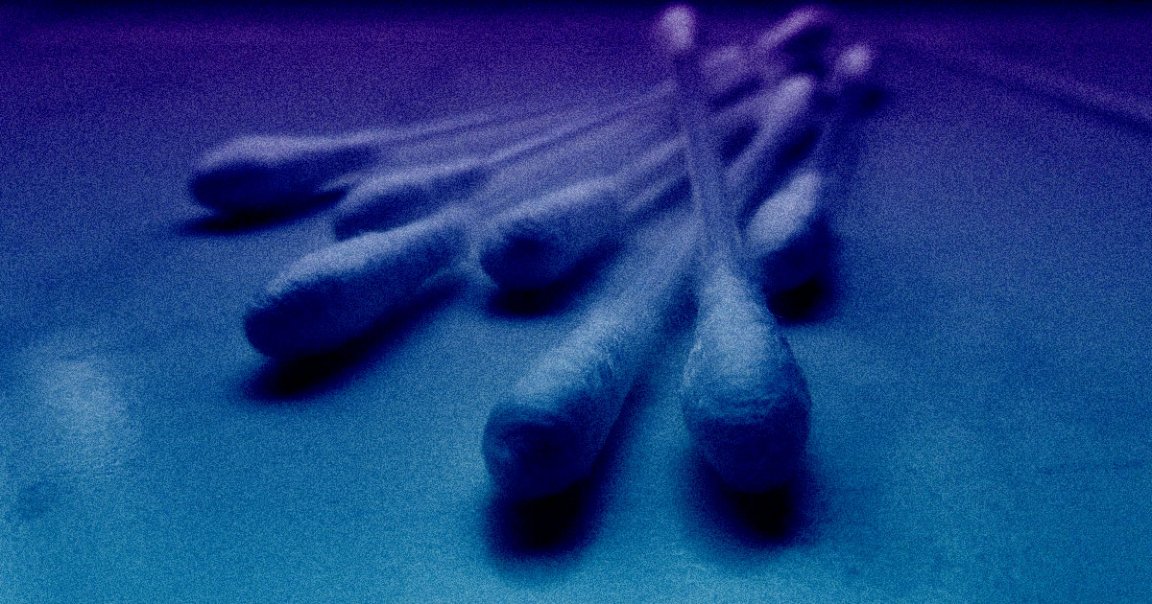
The FDA just issued an emergency use authorization to a new coronavirus test that analyzes saliva instead of relying on a nasal swab wedged all the way into the back of the nose.
If the new test, developed at the Rutgers University Cell and DNA Repository (RUCDR) is deployed at scale, it could help make testing far more accessible. It would also make administering tests much safer for medical workers.
“It means we no longer have to put health care professionals at risk for infection by performing nasopharyngeal or oropharyngeal collections,” RUCDR technology director Andrew Brooks said in a press release. “We can preserve precious personal protective equipment for use in patient care instead of testing.”
Brooks added that for healthcare workers in quarantine, taking a saliva test would make it much easier to know when they’re no longer infectious and when it’s safe to get back to work without putting their patients at risk.
“We can significantly increase the number of people tested each and every day as self-collection of saliva is more quick and scalable than swab collections,” Brooks said. “All of this combined will have a tremendous impact on testing in New Jersey and across the United States.”
However, an ideal test would analyze blood samples instead of saliva, which is more accurate as it’s less likely to miss the virus. Also, a blood test can measure a patient’s immune response to COVID-19 to see if they’ve built up resistance to future infections — something the new Rutgers test can’t do.
But in the absence of widely-distributed blood tests, the merits of a saliva test over nasal swabs stand to benefit lots of people — and could help the country get a better grip on this outbreak.